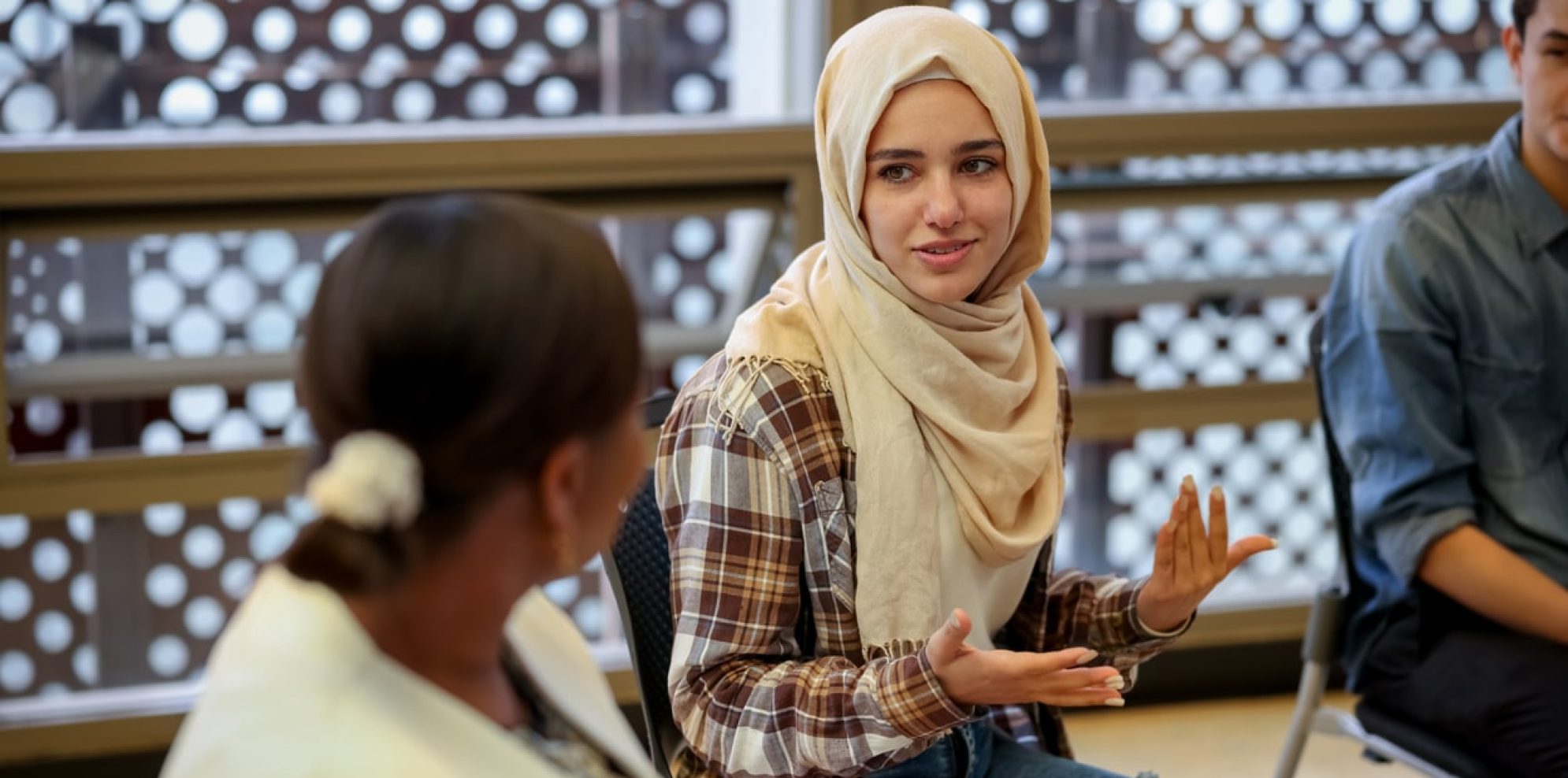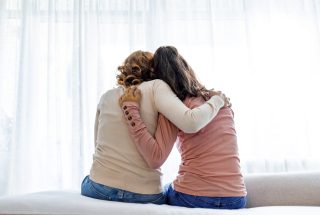LEAF’s Accountability Project looked at how to hold governments accountable for taking steps to end gender-based violence in Canada.
Why focus on accountability?
Canada has an epidemic of gender-based violence.
We know who it affects: disproportionately women and girls. We know who experiences higher rates of violence: women and trans people who are Indigenous, Black, racialized, low-income, criminalized, disabled, and/or gay, lesbian, or bisexual.
We also know a lot about what we need to do to end gender-based violence. We have decades of reports, recommendations, and studies to draw on.
Importantly, we also have a new National Action Plan to End Gender-Based Violence that lays out how to achieve a Canada without gender-based violence, and one that supports all survivors and their families. Now we need a way to hold governments accountable for making this plan a reality.
What does accountability look like?
There are different approaches and models to promoting accountability for ending gender-based violence. The Mass Casualty Commission has recommended the creation of an independent and impartial gender-based violence commissioner. Australia has a Domestic, Family and Sexual Violence Commission. We considered these and other approaches in thinking through what could work in Canada.
Who was involved in the project?
We had an Advisory Committee made up of 18 advocates, service providers, and community representatives with expertise in responding to gender-based violence.
We consulted 46 experts located across Canada and internationally.
Amanda Dale led the research and consultation process.
What happens next?
We released the report in October 2024. Now, we’re focused on delivering our recommendations to policymakers and advocating for the creation of an independent GBV Commissioner.
To learn more, contact:
Kat Owens
Project Director, LEAF
[email protected]
The Accountability Project is supported by The Canadian Bar Association’s Law for the Future Fund and the R. Howard Webster Foundation.



